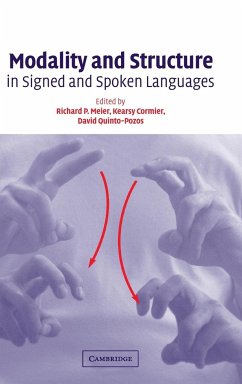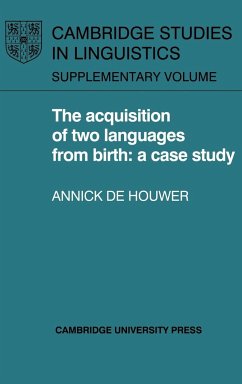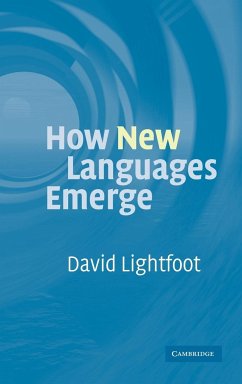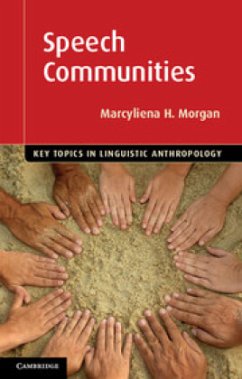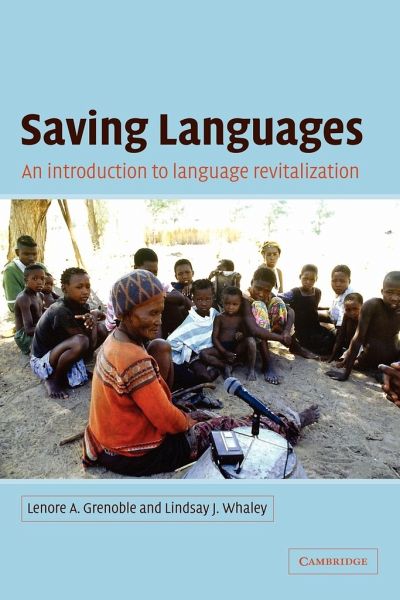
Saving Languages
An Introduction to Language Revitalization
Versandkostenfrei!
Versandfertig in 1-2 Wochen
57,99 €
inkl. MwSt.

PAYBACK Punkte
29 °P sammeln!
Language endangerment has been the focus of much attention and as a result, a wide range of people are working to revitalize and maintain local languages. This book serves as a general reference guide to language revitalization, written not only for linguists and anthropologists, but also for language activists and community members who believe they should ensure the future use of their languages, despite their predicted loss. Drawing extensively on case studies, it sets out the necessary background and highlights central issues such as literacy, policy decisions, and allocation of resources. ...
Language endangerment has been the focus of much attention and as a result, a wide range of people are working to revitalize and maintain local languages. This book serves as a general reference guide to language revitalization, written not only for linguists and anthropologists, but also for language activists and community members who believe they should ensure the future use of their languages, despite their predicted loss. Drawing extensively on case studies, it sets out the necessary background and highlights central issues such as literacy, policy decisions, and allocation of resources. Its primary goal is to provide the essential tools for a successful language revitalization program, such as setting and achieving realistic goals, and anticipating and resolving common obstacles. Clearly written and informative, Saving Languages will be an invaluable resource for all those interested in the fate of small language communities around the globe.








